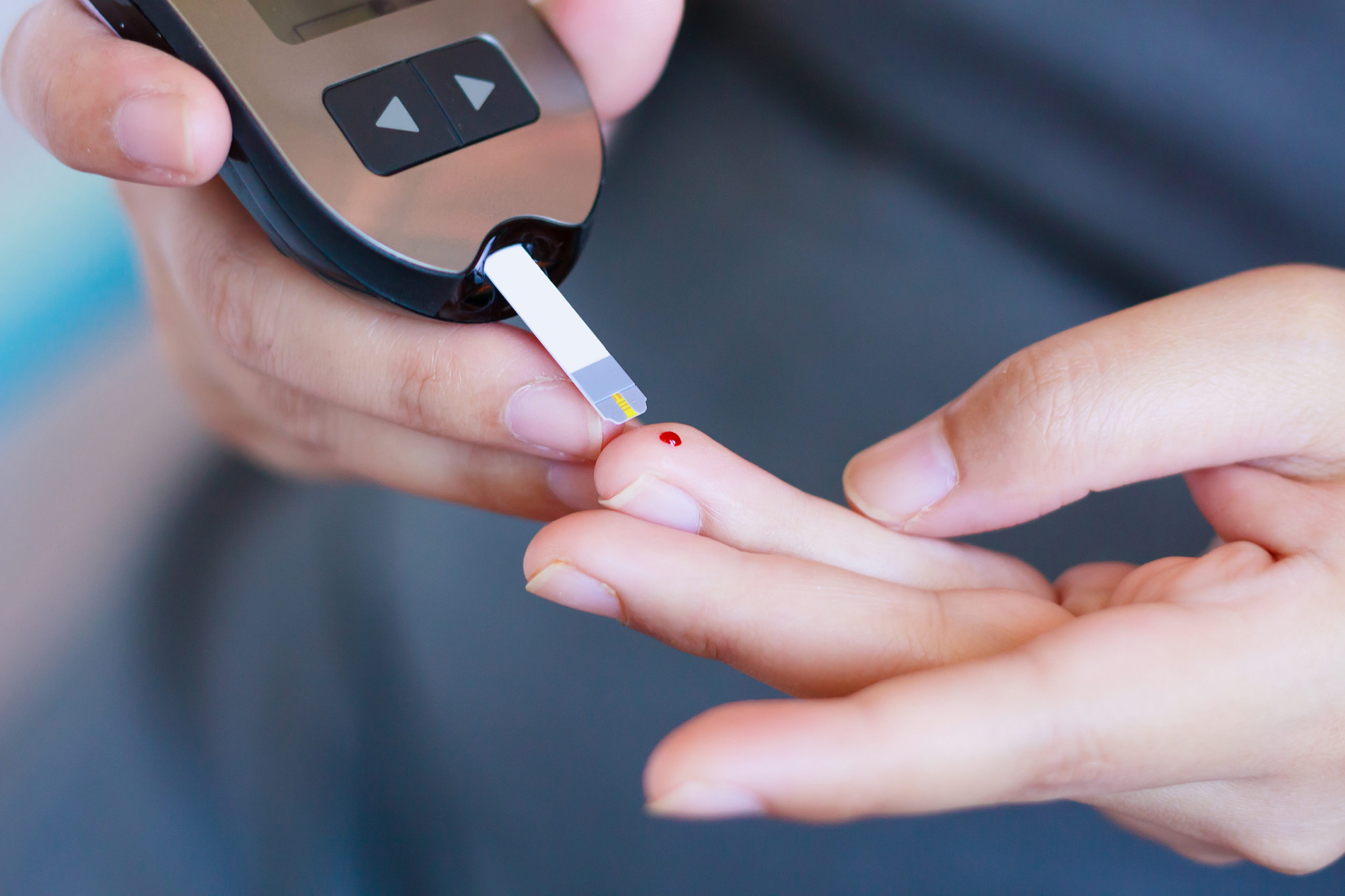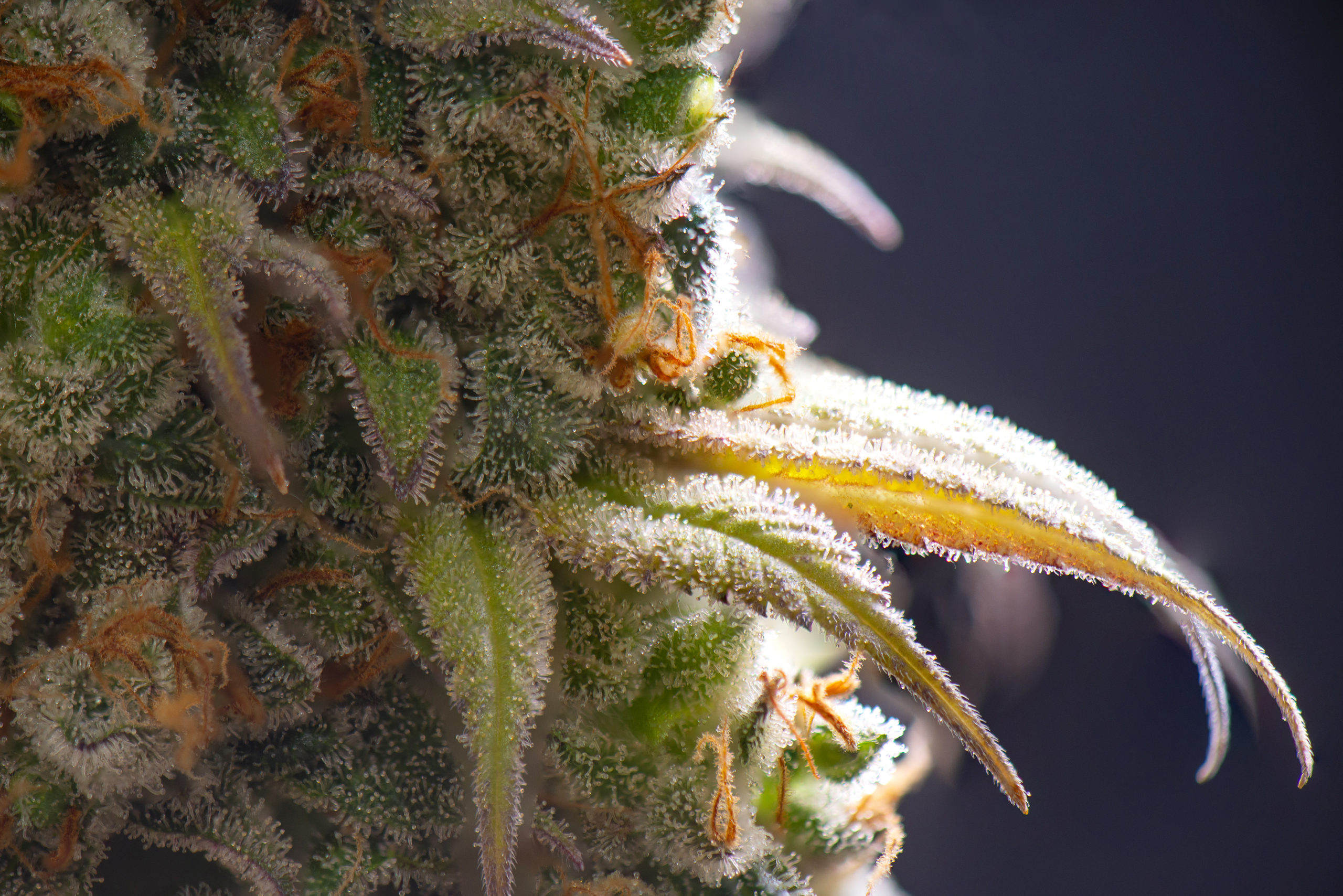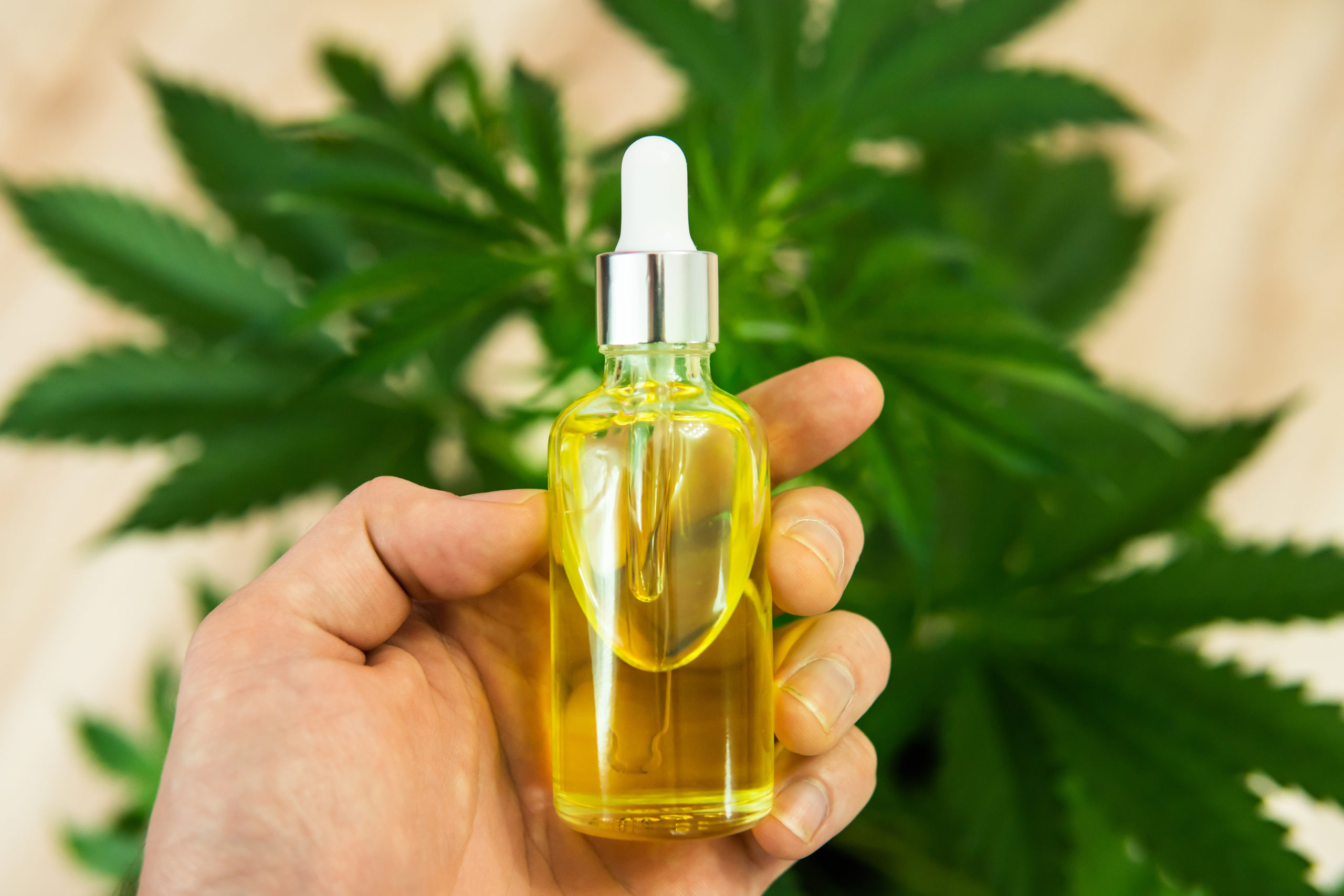-
- Market Research
- |
- CBD Near Me
- |
- Giveaways
- |
- Newsletter
- |
- Contact
- |
- Advertise
- |
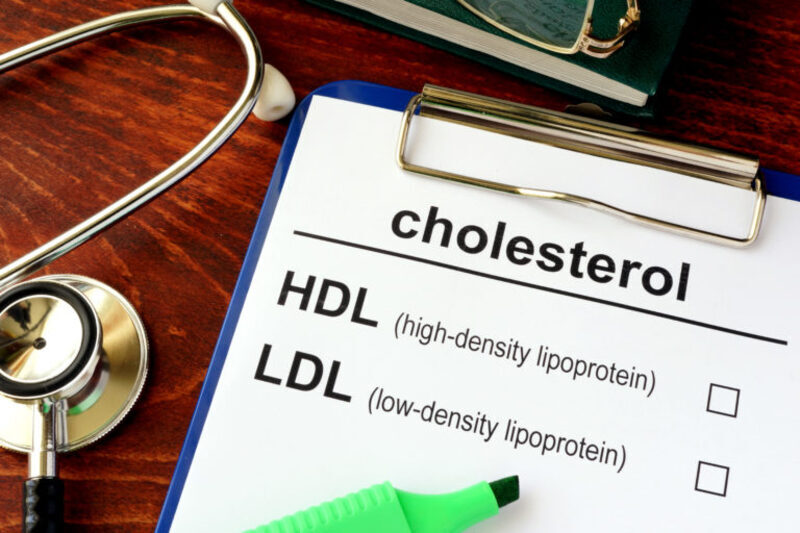
We all know CBD may reduce inflammation and promote better sleep, but might CBD be able to lower cholesterol?
It depends on who you ask. Here’s our take on the matter, based on both cholesterol and CBD-centric scientific research.
Cholesterol 101: The Good, the Bad, and the Ugly
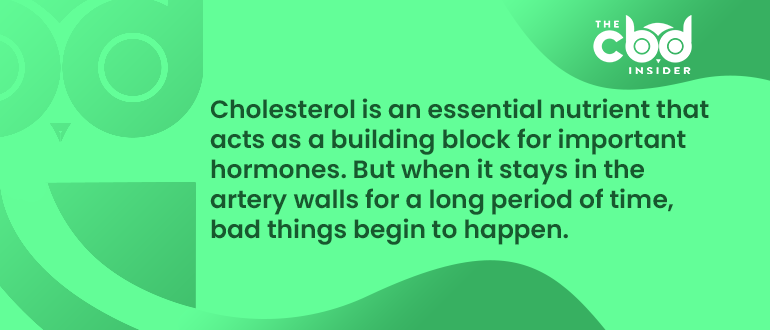
Not many food substances are as misunderstood as cholesterol is.
Many people’s viewpoint doesn’t go much deeper than “cholesterol = bad,” but here’s the thing: the truth isn’t nearly so simple.
For example, did you know:
- Cholesterol is an essential nutrient that acts as the precursor, or building block, for important hormones like testosterone and estrogen?
- Large amounts of cholesterol are present within the phospholipid membranes that comprise the outer layer of our body’s cells?
- Roughly 75% of the cholesterol in your body isn’t obtained by food sources at all?
The cholesterol contained in red meat or eggs is mostly esterified (combined with a natural alcohol to form an ester), and, practically speaking, that means it can’t be pulled out of food very effectively.
And this means that most of the cholesterol in your body is produced endogenously. For obvious reasons, your body probably wouldn’t produce a substance that was inherently bad for it. That just wouldn’t make any sense, not from a biochemical perspective.
Another problem with the mainstream’s view of cholesterol: the mere act of quantifying cholesterol levels is difficult and fraught with error.
“Standard cholesterol testing (including VAP) is largely irrelevant and you should have a lipoprotein analysis using NMR spectroscopy,” says MD and lipidologist Dr. Peter Attia.
In other words, cholesterol’s biological role is complex enough to warrant highly sophisticated (and widely unavailable) testing methods.
What’s the source of this irrelevance Dr. Attia mentions?
Much of it stems from the tendency of serum cholesterol levels to vary throughout the day according to one’s “energy flux” (the rate of transfer of energy through a surface). If you just ate a big meal, for example, your cholesterol will be higher; if you’ve been fasting for 8 hours or doing endurance exercise, your cholesterol will be lower.
All these crucial details and disclaimers aside, certain types of cholesterol are indeed a cause for concern. Foremost among them are the phytosterols—the plant kingdom’s preferred version of cholesterol. And even the only truly “bad” thing about this so-called “bad cholesterol” is when it winds up in places it shouldn’t (like inside of your arteries) and solidifies.
How Does Cholesterol Become “Bad”
Probably because of an error on the part of the molecules that shuttle cholesterol (and normal fatty acids) around: the lipoproteins. Low-density lipoproteins, or LDLs, seem to be especially vulnerable to this type of misfire. And when LDLs dump cholesterol into artery walls for a long enough period of time, all the bad things associated with that oversimplified “cholesterol = bad” paradigm begin to happen.
Just keep in mind that LDLs are merely the metaphorical “ship” that carries cholesterol as their metaphorical “cargo.” Neither ship nor cargo is bad—it’s just important to avoid certain final destinations.
We could go deeper into the science of all this, but here’s the critical point: high cholesterol isn’t a problem with cholesterol itself. Instead, it’s a problem with fundamental energy transport. Could CBD help with this?
Possibly.
CBD’s Effect on Metabolism
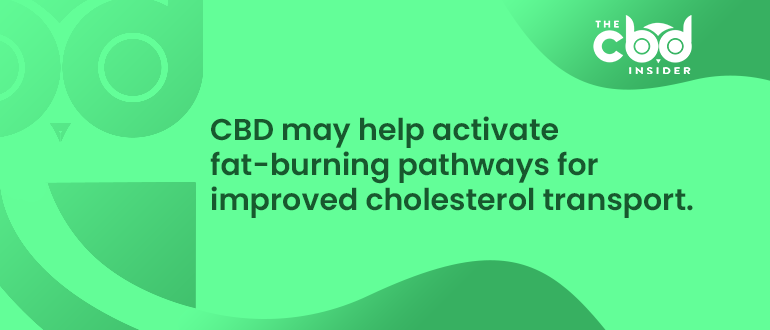
Many of CBD’s effects are subtle, and the way it shapes one’s metabolic blueprint is no exception. Yet CBD’s primary effect on one’s metabolic state has long-lasting health benefits.
That’s because CBD may be able to turn on fat-burning pathways.
“THC helps protect you from sugar-burning, CBD turns on fat burning,” attests molecular biologist Dr. Bob Melamede in more than a few of his highly educational (and highly amusing) YouTube videos.
Slowly but surely, the research is backing up Dr. Bob’s ideas.
A study from the Department of Biotechnology at South Korea’s Daegu University recently confirmed that CBD might make fat cells more metabolically active by increasing their mitochondrial density. Fat that’s rich in mitochondria is darker in color than normal—it’s called “brown fat.”
What does brown fat do? In addition to keeping you warm through the winter and lowering your body weight set point, this study from Leiden University Medical Center in the Netherlands explains that brown fat is “metabolically active in human adults [and] reduces plasma triglyceride and cholesterol levels […].”
Just to reiterate: at the heart of CBD’s ability to reduce “bad” cholesterol is the way it improves energy flux.
In other words, CBD turns on certain fat-burning pathways. While it won’t outright “boost your metabolism,” it may well help your body become less reliant on carbs and more reliant on fat for fuel. Most beneficial plant compounds work similarly, including hemp’s terpenes.
And a body in fat-burning mode is a lean, mean machine. Fat-burning facilitates the transport of lipids—by lipoproteins—out of the bloodstream and into areas where they’re useful. In the context of fat-burning, the cholesterol you eat gets converted into usable hormones, not shunted off into arterial areas.
So while CBD may not directly reduce serum cholesterol levels, such a reduction wouldn’t actually be a good thing. Instead, CBD seems to work indirectly by priming one’s mitochondria for improved energy flux and facilitating more refined cholesterol transport.
CBD, NO₂, and Stress
There’s another thing you should know about CBD and cholesterol.
Here’s the concept: the endocannabinoid system that CBD interacts with and the nitric oxide system that facilitates blood flow are intertwined. Both systems respond favorably to sunlight, and both systems become more “activated” when faced with stress.
That means CBD may improve your body’s blood flow enough to improve energy transport, including cholesterol transport.
CBD for Hormonal Health
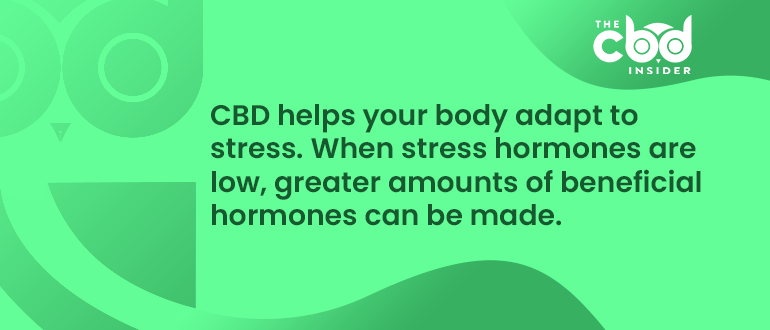
Things go deeper still. At the heart of it all, what CBD really does is help your body adapt to stress.
That might sound hard to quantify, but it’s true. And when stress hormones like cortisol are low, greater amounts of beneficial hormones (including cholesterol-derived hormones like testosterone, cortisone, etc.) can be made.
If you take away anything from this information, we hope it’s this: the human body is a wonderful machine, it’s a complex instrument, it’s a beautiful mess that somehow manages to run well even when we throw our best insults at it.
The body’s complexity also makes it clear that cholesterol isn’t bad, not any more than insulin or cortisol is bad. Those are oversimplified, under-scienced constructs. All that said, however, CBD might just be able to help the beneficial 27-carbon molecule we call “cholesterol” function at its very best.


